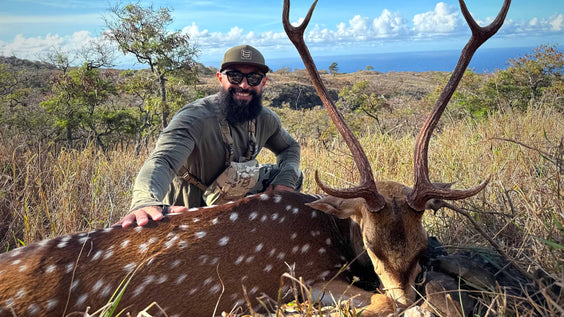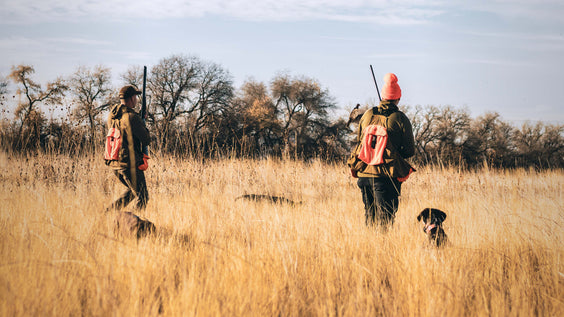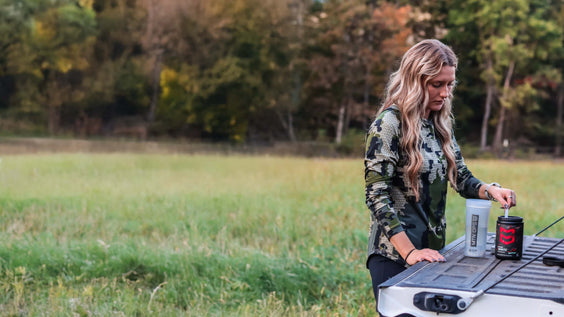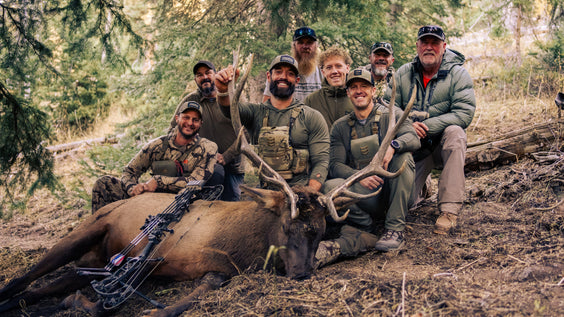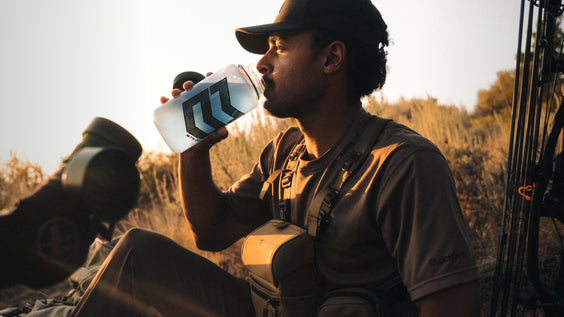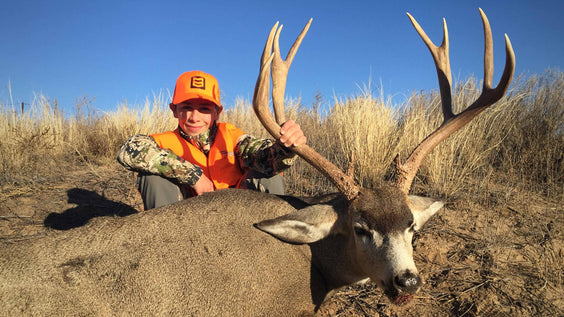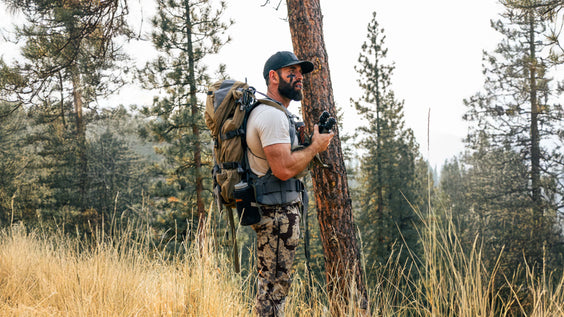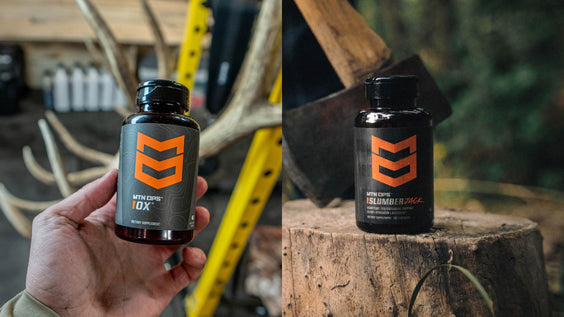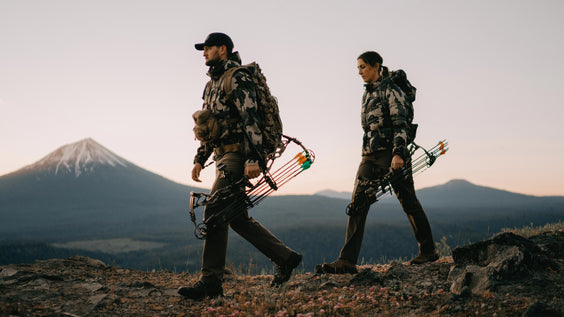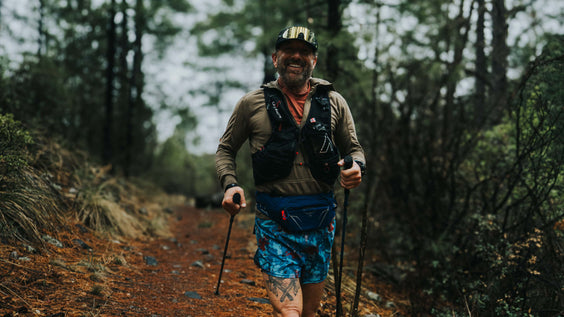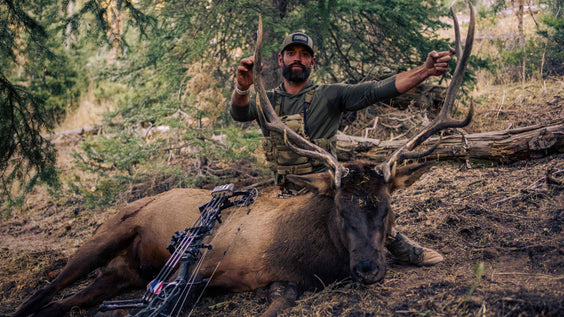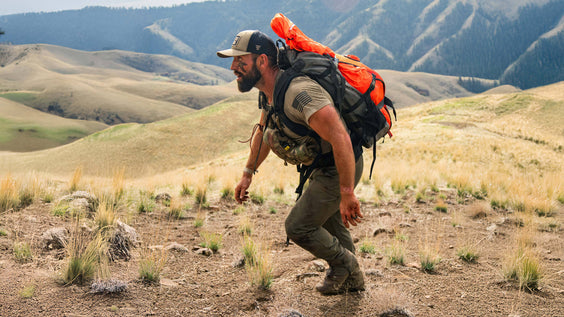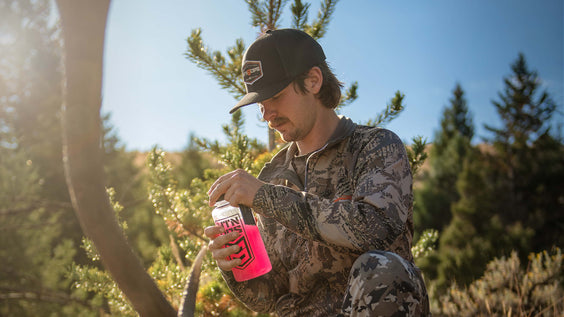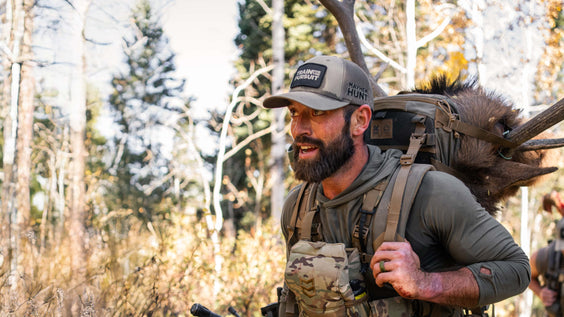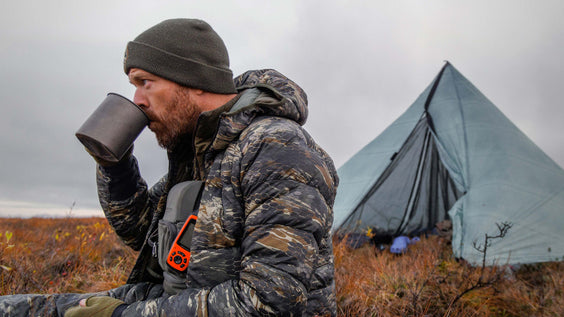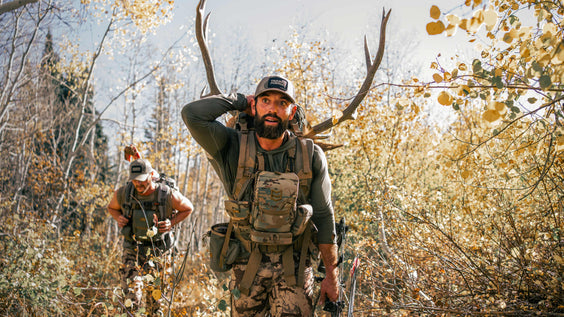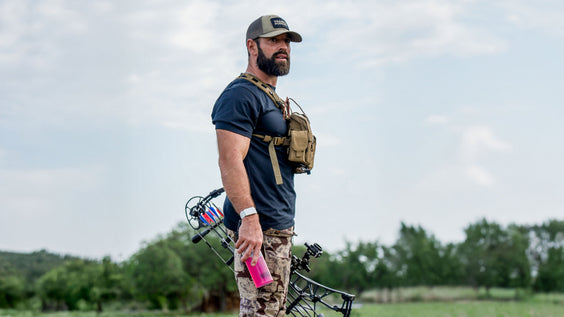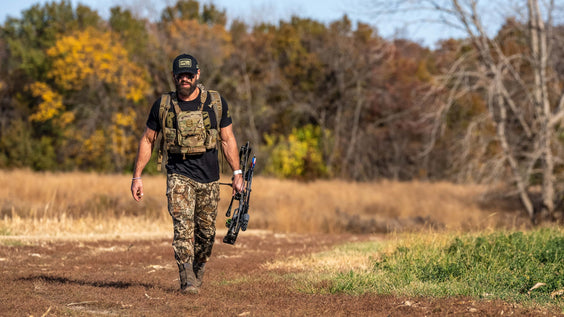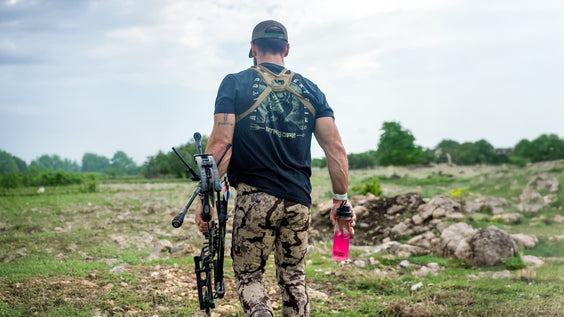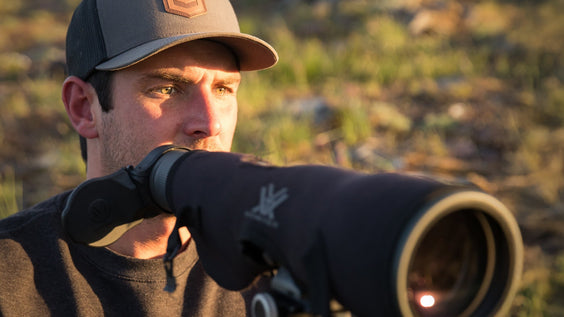

Fitness Friday: Rich Froning’s Keys to Pre-Hunt Recovery
Sep 11, 2025
By MTN OPS TEAM
Presented by MTN OPS x MeatEater
When it comes to showing up ready for a mountain hunt, training is only half the equation. The other half is recovery – how you rest, refuel, and prepare your body in the weeks leading up to the season. Out in the backcountry, recovery is unpredictable. Sleep is limited, nutrition isn’t always ideal, and your body is at the mercy of the hunt. That’s why it’s critical to go in as strong, rested, and fueled as possible.
MTN OPS Ambassador Rich Froning shares his recovery playbook for hunters: how to maximize rest, nutrition, and training adjustments in the weeks before hitting the mountains. By dialing these in early, you’ll step off the trailhead with more energy, resilience, and focus when it matters most.
Why Recovery Matters Before the Hunt
“You can’t control sleep and nutrition in the field,” says Rich. “That’s why the week or two leading up to your hunt is when recovery really counts. You want to start the hunt rested, fueled, and ready to go.”
Here are the three areas Rich says every hunter should focus on:
1. Prioritize Sleep
Sleep is the foundation of recovery. Without it, your body can’t repair muscle, restore energy, or optimize performance.
“Try to lock down eight hours a night in the weeks before the hunt,” Rich says. “If you can’t get it all at once, sneak in naps. Bank that rest while you can.”
Tips to Improve Sleep Before the Hunt:
- Set a consistent bedtime and wake-up schedule.
- Limit screens before bed.
- Use recovery tools like magnesium or calming teas to help you wind down.
2. Dial In Your Nutrition
Clean, nutrient-dense foods are the fuel your body will run on when training tapers down. The better you eat, the better you’ll recover.
“Focus on whole foods, quality protein, and fueling the activity you’re doing,” Rich explains. “Don’t wait until you’re in the mountains to try and fix your diet.”
Key Nutrition Priorities:
- Lean proteins for muscle repair.
- Complex carbs to restore glycogen.
- Healthy fats for long-term energy.
- Hydration as a daily focus, don’t just wait until the hunt.
3. Adjust Your Training
The final piece of the recovery puzzle is how you train leading into the hunt.
“Think about it like a taper before competition,” Rich says. “You can keep some intensity, but reduce the overall volume so you don’t show up beat down.”
How to Train in the Last 1–2 Weeks:
- Keep workouts short and purposeful.
- Lower total sets/reps but maintain intensity.
- Include mobility work and active recovery.
-
Focus on feeling fresh, not exhausted.
Watch Rich Break It Down
Final Thoughts from Rich
“You can’t control what recovery looks like once you’re chasing elk or covering miles for deer,” says Froning. “But you can control it now. Show up to the trailhead rested, fueled, and ready, and you’ll be a step ahead before the hunt even begins.”














